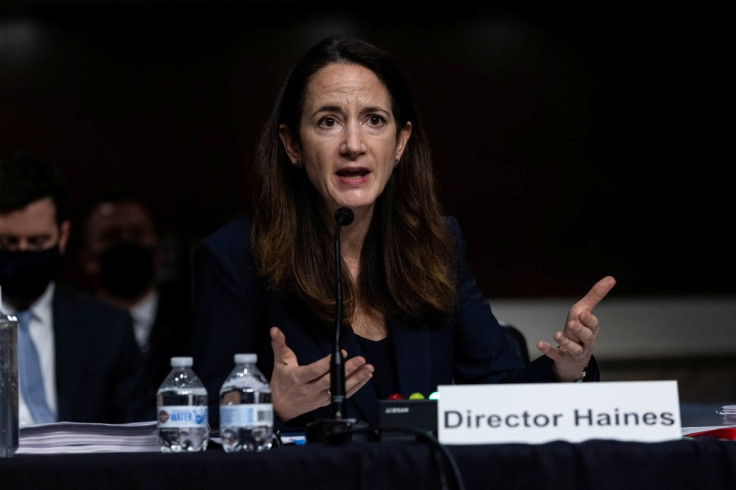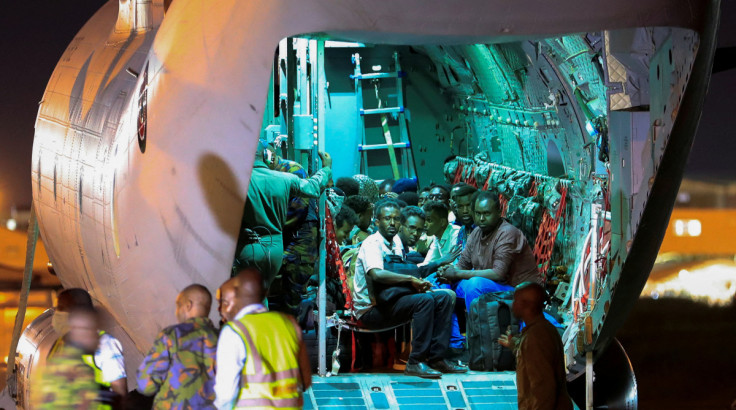US Believes Sudan War Could Last Long As Both Camps Refuse Negotiations

KEY POINTS
- The two warring factions are seeking outside military support
- The conflict has exacerbated the already-dire humanitarian situation in Sudan
- The U.N. is seeking more funding to extend aid assistance to Sudanese who need it the most
The U.S.' top intelligence official believes that the conflict in Sudan will not end anytime soon as the two warring sides have very little incentive to meet for peace talks.
U.S. Director of National Intelligence Avril Haines told a Senate hearing Thursday that the two military chiefs in Sudan think they can win through fierce fighting and are now seeking outside military support.
If the clashes further intensify, Haines said she fears that the conflict would create "spillover challenges" in the country.
"The fighting in Sudan between the Sudanese Armed Forces and the Rapid Support Forces (RSF) is, we assess, likely to be protracted as both sides believe that they can win militarily and have few incentives to come to the negotiating table," Haines said, according to Reuters.
"Both sides are seeking external sources of support, which, if successful, is likely to intensify the conflict and create a greater potential for spillover challenges in the region," she added.
For the 20th straight day since the conflict erupted on April 15, fear and violence carpeted the capital city of Khartoum as Sudan's military tried to push back the paramilitary RSF forces from areas around the presidential palace and army headquarters. Multiple truces agreed upon since the fighting began have been repeatedly violated.
As both sides race to win control of the capital, the leaders of the warring factions have not shown any public sign of willingness to come to the negotiating table.
Haines said that the fighting has aggravated the already-dire humanitarian conditions in the country, "raising the specter of massive refugee flows and aid needs."
"Even before the fighting started, roughly a third of the population or approximately 15.8 million people required immediate assistance because of disease outbreaks, inflation, localized conflicts, internal displacement and weather-related food insecurity," Haines said.
The United Nations High Commissioner for Refugees (UNHCR) said it was already preparing for an estimated 860,000 refugees fleeing violence from the country. About $445 million would be needed to support the refugees just through October, according to the agency.
"We urgently need timely, new funding to respond to the mounting needs," Raouf Mazou, UNHCR assistant chief of operations, told reporters, according to Al Jazeera.
"The needs are vast, and the challenges are numerous. If the crisis continues, peace and stability across the region could be at stake," he added.
The U.N. estimates that at least 100,000 people have fled Sudan to neighboring countries carrying little food or water.

© Copyright IBTimes 2024. All rights reserved.






















